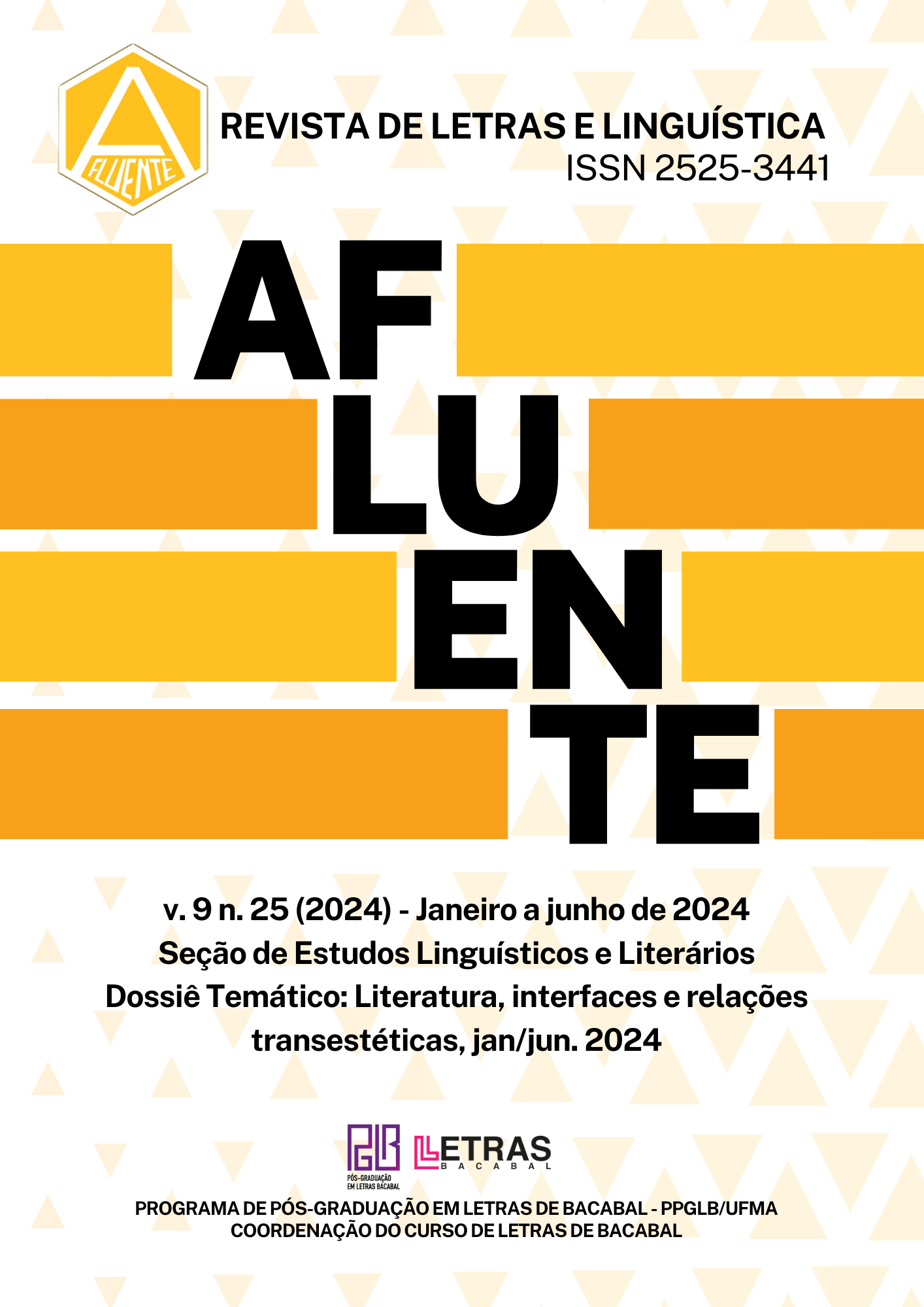THE NATURE OF OFFENSE IN TERMS DERIVED FROM ANIMALS
DOI:
https://doi.org/10.18764/2525-3441v9n25.2024.14Keywords:
Offenses, Slurs, Animal namesAbstract
In this article we will explore semantic, morphological properties, and the nature of the offense of terms derived from animal names, that is, what is the domain of meaning from which a given term is offensive. Firstly, based on Basso and Silva (2024), we will show that pejoratives derived from animal names can be classified as insults, slurs and gendered slurs, to then explore some of their morphosyntactic characteristics, and then investigate the reasons behind the pejorativeness of these terms, whether it has to do with sexual behavior, cognitive capabilities, body shape, among others. This is not an exhaustive work, but it can be seen as an overview of offenses based on animal names and the values currently at play in Brazilian society when it comes to offenses.
Downloads
References
ADAMS, C. J. A política sexual da carne: Uma teoria crítica feminista-vegetariana. São Paulo: Alaúde Editorial, 2018.
ASHWELL, L. Gendered Slurs. Social Theory and Practice, 2016.
BASSO, R. M. SILVA, G. C. Uma tipologia linguística para as ofensas baseadas em nomes de animais no português brasileiro. 2024.
BOUSFIELD, D, LOCHER, M. A. (eds) Impoliteness in Language: Studies on its Interplay with Power in Theory and Practice, Berlin, NY: Mouton de Gruyter, 2008.
CHRISTOPHER, D, MCCREADY, E. The Instability of Slurs. In: Grazer Philosophische Studien, 2020.
DE BAÉRE, ZANELLO, ROMERO, Felipe, Valeska, Ana Carolina. Xingamentos entre homossexuais: transgressão da heteronormatividade ou replicação dos valores de gênero? Revista Bioética, volume 23, número 3. [s. l.], 23 mar. 2015.
GUARANHA, M. F. (Orgs.). Descortesia e Cortesia: expressão de culturas. São Paulo: Cortez, 2017.
GUTZMANN, D. The Grammar of Expressivity. (Oxford Studies in Theoretical Linguistics 72) Oxford: Oxford University Press, 2019.
HESS, L. Slurs: Semantic and pragmatic theories of meaning. In P. Stalmaszczyk (Ed.), The Cambridge handbook of the philosophy of language. Cambridge: Cambridge University Press, 2021.
LEACH, E. Antropologia (R. Da Matta, org.). São Paulo: Ática, 1983.
POPA-WYATT, M. Reclamation: Taking Back Control of Words, Grazer Philosophische Studien. Berlin, 2020.
SCRUTON, E. Gendered Insults in the Semantics-Pragmatics Interface. Bachelor thesis, Yale University, 2017.]
TERKOUFARI, M. Toward a unified theory of politeness, impoliteness and rudeness. In: BOUSFIELD, D.; LOCHER, M. A. (Eds.). Impoliteness in Language. Berlin, NY: Mouton de Gruyter, 2008.
KENNEDY, C. Projecting the adjective. PhD Dissertation. University of California at Santa Cruz, 1997.
_____. Vagueness and grammar: the semantics of relative and absolute gradable adjectives. Linguistics and Philosophy, 30(1), p. 1-45, February 2007.
KENNEDY, C.; McNALLY, L. Scale structure, degree modification, and the semantics of gradable predicates. Language, 81(2), p. 345-381, 2005.
Downloads
Published
How to Cite
Issue
Section
License
Copyright (c) 2024 Afluente: Revista de Letras e Linguística

This work is licensed under a Creative Commons Attribution 4.0 International License.
Direitos autorais Afluente: Revista Eletrônica de Letras e Linguística
Este trabalho está licenciado com uma Licença Creative Commons - Atribuição 4.0 Internacional.














